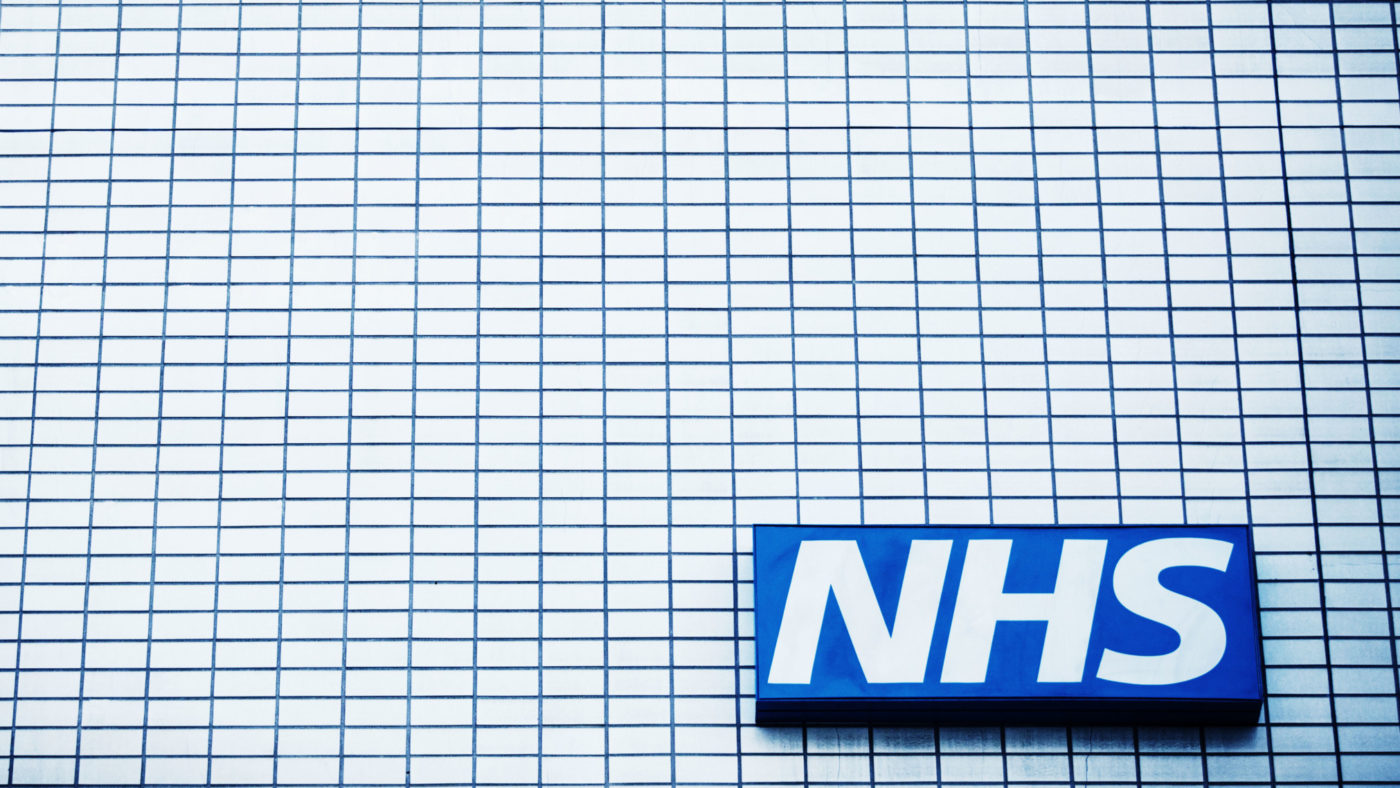Just in time for the NHS 70th birthday celebrations we get the news that our hallowed health service isn’t all that it’s cracked up to be. According to a substantial new report by the King’s Fund, the UK is the third worst out of 18 rich countries at curing people of things that can be cured, or more technically speaking “preventing avoidable deaths”. The authors note that the NHS is also highly equitable in the sense that treatment is entirely divorced from any personal economic factors.
This is not new information, by the way. The Commonwealth Fund has run a ranking system for years, showing the same results. The World Health Organisation’s now discontinued rankings also told us the same thing. Equitable but not very good at its actual job, that’s our NHS.
It’s a useful little proof of that basic economic contention that there’s a trade-off between equity and efficiency. Being fairer to all comes at a cost in the effectiveness with which we do things. Capitalism and markets, for example, might make us all unequal, but the equality of socialism makes us poor.
We can even say that there are gradations here — at least some equity is required to make the system work at all, as is at least some efficiency. The great political task is working out the optimal amount of each.
It is not obvious that we’ve yet got this right with the NHS. Our problem is that Milton Friedman was more right than he knew — it’s not just in a crisis that solutions are found in the ideas already lying around. When something becomes newly possible, that new system is going to be built from the prejudices of the time.
The world’s healthcare systems were built according to the local ideas of the post-war period. The Americans – mistakenly as it turned out – based their system on employment-related insurance, other countries on a variety of ideas and ourselves upon the near Stalinist idea of nationalising all extant healthcare and having central planning deliver it. It is worth noting that the NHS only built its first hospital in 1963, with all health care after 1948 delivered in privately built facilities. So the NHS wasn’t a construction or a creation, it was a takeover.
As we’ve also noted, other places did things differently. The important question is, was our different way the right or best one?
No.
For while it is entirely possible to retain equal access while increasing efficiency, we’re not at that optimal point in the UK. While equity comes from the tax-funded nature of the system, efficiency comes from, well, being efficient in delivering care.
My own tastes – a necessary caveat as what is fair is a moral, thus personal, point – run to an insistence upon much greater efficiency. That would mean that we distinguish between insurance and assurance.
Insurance is the pooling of risk against costs that none of us can bear alone — that ghastly cancer or horrifying car crash. A&E is also an area where a pay-as-you-use market isn’t going to work well, so an insurance model is preferable.
But why shouldn’t routine care, blood tests, even GP visits be subject to the efficiency improvements of people paying for them directly? Perhaps we could have a savings scheme to pay for those known future expenses — which is what assurance is. Fire cover on the house is insurance, a rare and devastating event. Funeral plans are assurance, a savings scheme for a known future expense.
This is the distinction that the US system doesn’t make, to its vast detriment. It uses insurance to pay for routine expenses. Singapore, on the other hand, does differentiate – it has forced medical savings accounts for routine care, but the government covers unexpected disasters. As a result, Singapore has a system which produces better outcomes than the NHS at half the cost as a percentage of GDP. And yes, everyone in Singapore does get healthcare, with subsidies for those too poor to have those savings accounts.
That might not be to your taste, nor to that of the British public. So be it – it’s a moral and personal point again.
Yet there’s still a nugget of the purest gold to be pulled from the Singaporean system. The majority of hospitals there are in fact government owned and run. It’s just that they compete with each other for access to those medical savings accounts. They thus gain both that equity and also the maximal efficiency of a market-based system.
This sort of thing has been tested in the NHS recently. NHS England has in these past decades had more market-based reform, more of those internal markets and external suppliers, than NHS Scotland or Wales. NHS England has become more efficient than the other two over this time. Yes, even to the point of becoming better at people not dying from things which medical treatment can save them from dying from — and even as the funding system has remained the same. In fact, Wales and Scotland get more spending on healthcare per capita for worse outcomes.
A general observation in economics is that when we use markets in an economy the people get richer. A less general but equally true one is that when we don’t use markets in healthcare people die. So surely we should be using market mechanisms in healthcare?
Even if it remains government owned and run and paid for through taxation alone, the NHS would improve if it had more markets in it.


